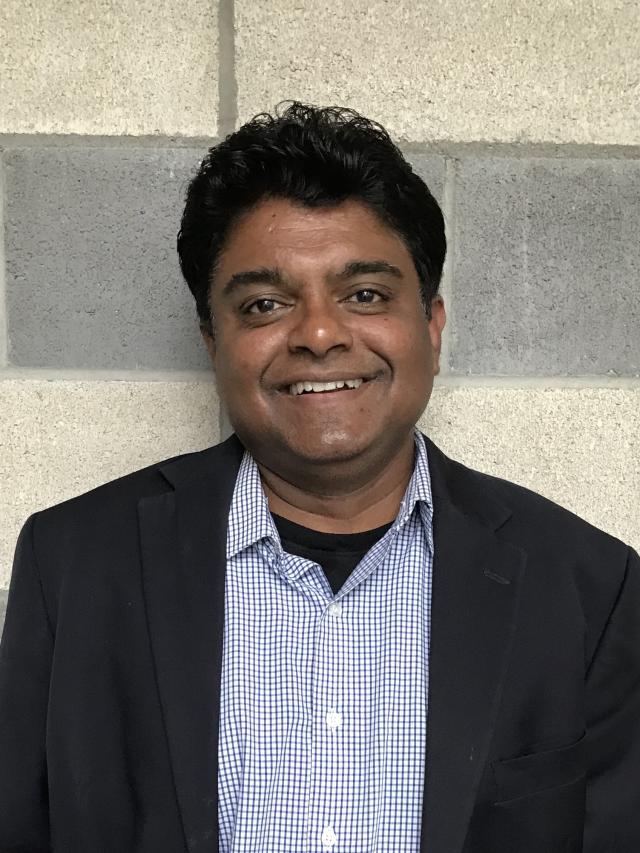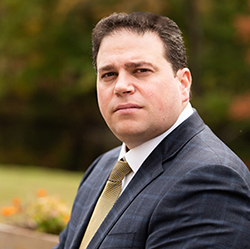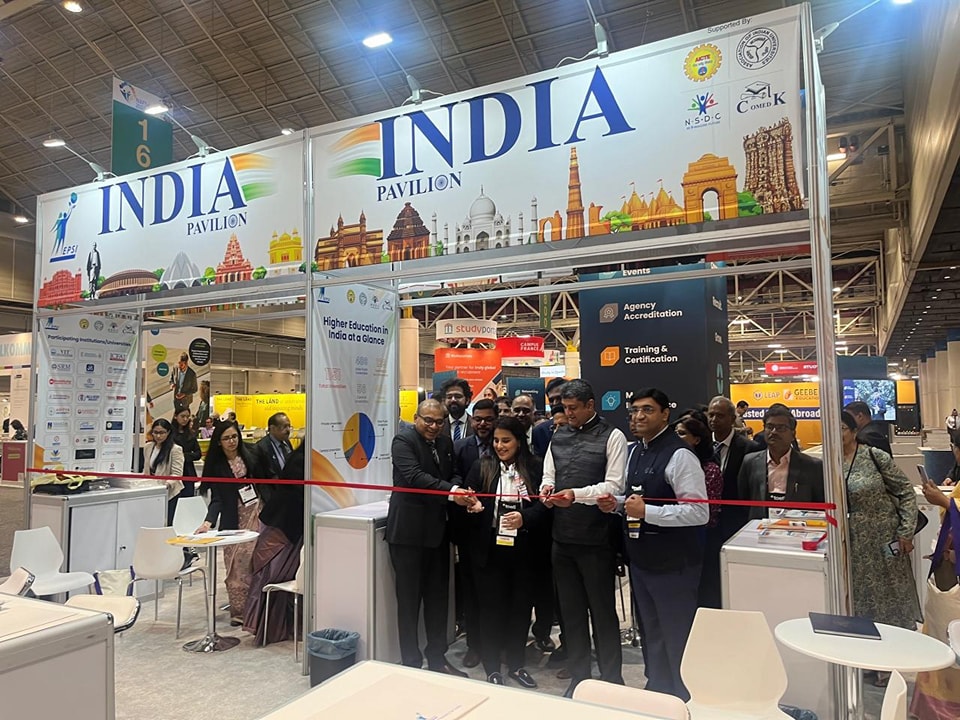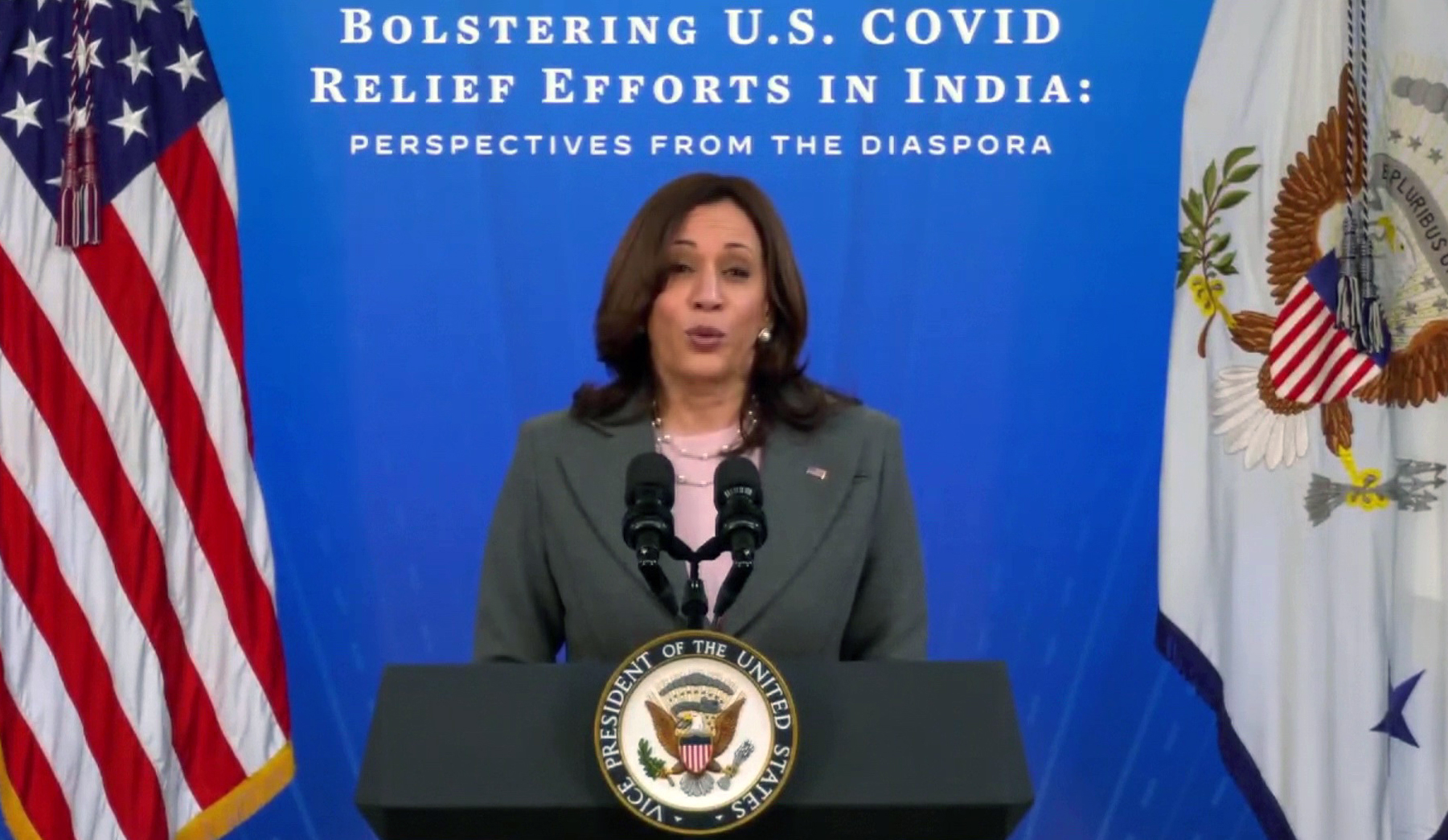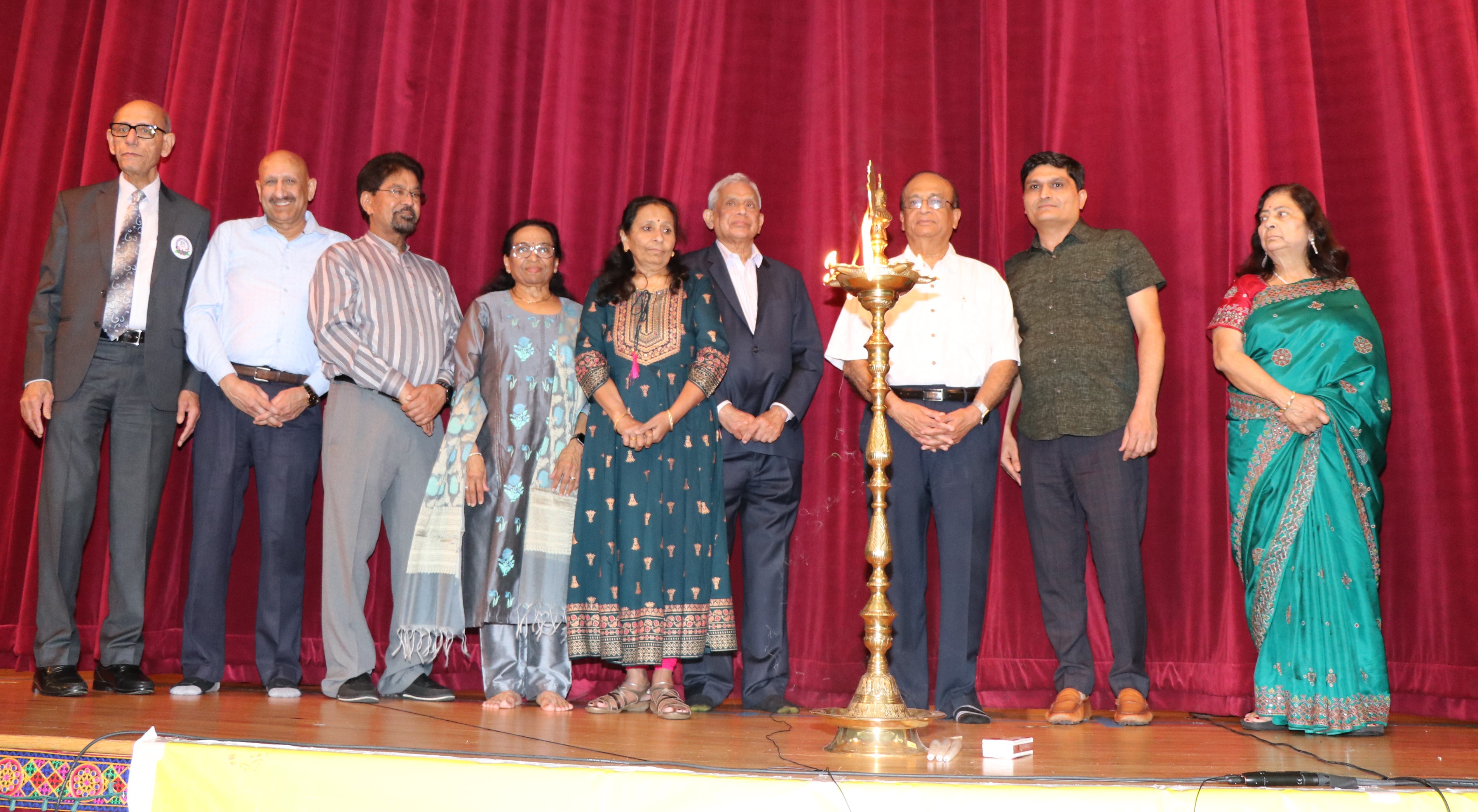Our Bureau
Boston, MA
Muskaan Gill, a fourth year Northeastern engineering student is working on inventing a device that can predict seizures. A student of Mechanical Engineering and History, she is on a mission to save her younger brother, Zor who has Dravet syndrome, a genetic disorder resulting in prolonged seizures which can cause falls and injuries as and when a seizure starts.
“It’s a really difficult thing to witness as an older sister,” said Gill. “His seizures are really sudden, so out of nowhere, he just drops. It’s a really tough thing to deal with.”
A determined Gill, post admission in Northeastern University, built upon the idea to develop a non-invasive solution, a portable device that can predict and warn the user about a possible epileptic seizure. Her inspiration behind this invention is to ensure that people with such disorders and her family in particular do not have to go through the trauma of a seizure striking without warning and hurting the patient even further.
Recognizing the fact that in moments of such despair, knowing in advance even a few seconds can make a big difference to the wellbeing and safety of patients suffering from epileptic seizures.
“I just grew up knowing that if I’m born into this, there’s got to be something good I can take out of that,” Gill said. “I’ve got to help people like Zor in their positions with the knowledge I have, to the best of my ability.”
She wants to dedicate this device to her brother by naming it after him, as Zor.
Gill is researching to see if seizures are predictable by monitoring changes in the patient’s biomarkers, like their sweat or breath, which the wearable device can detect and warn a patient about an impending seizure.
Gill is striving hard to alleviate the sufferings of her brother and many like him by working as a Sherman Center co-op last year. Having won funding through Northeastern’s Women Who Empower awards, she continues to raise funds and apply for grants, including Northeastern’s Spark Fund, to pay for the planned research on patients with epilepsy to see if their biomarkers shift before a seizure.
Gill is working under the guidance of the College of Engineering’s Distinguished Professor Nian X. Sun on the technology. He has worked on sensors to help predict diseases like Alzheimer’s by analyzing a person’s breath.

















